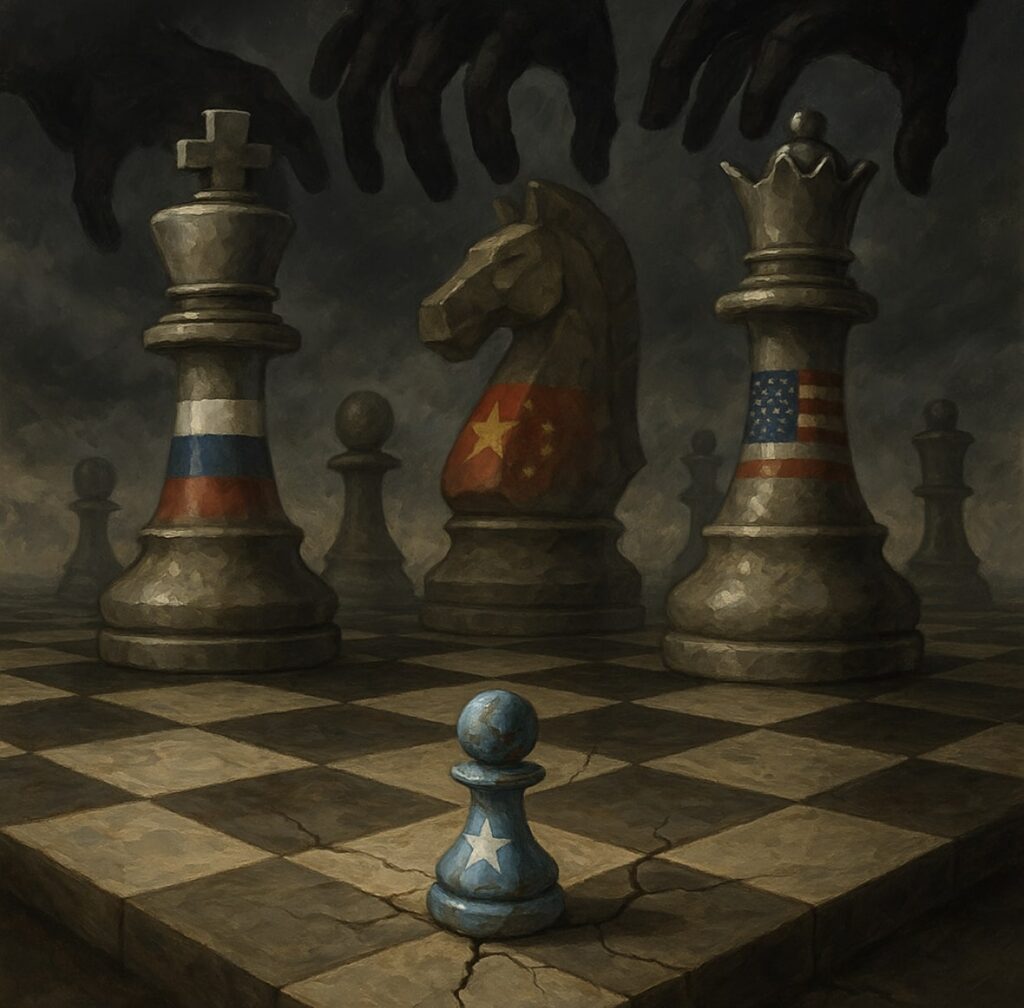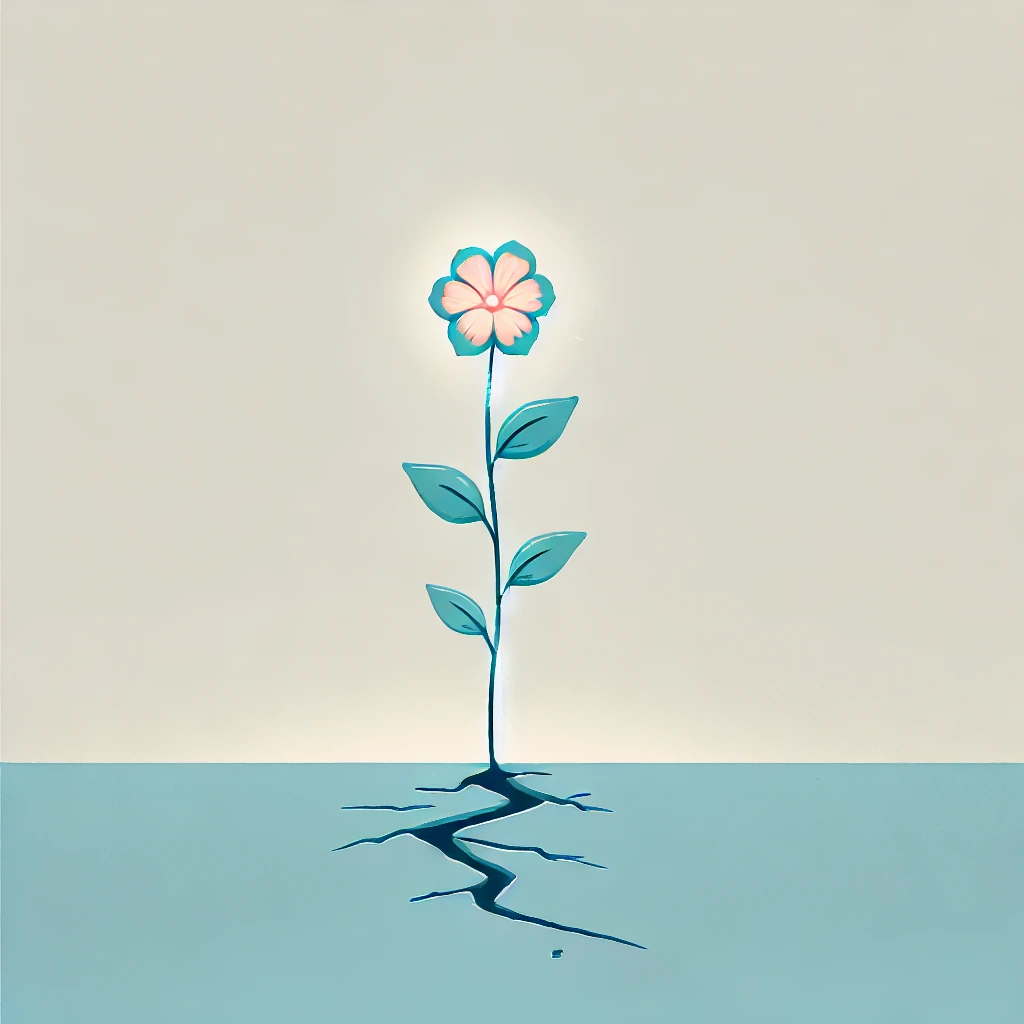“You’re doing better than you think. Stop being so hard on yourself,” I told my friend as he sat across from me, his eyes filled with frustration and disbelief. His voice cracked as he repeated the words: “I’m not good enough. I’ll never be good enough.”
My friend’s story is one of triumph, yet he couldn’t see it that way. He came to this country as a teenager from a small village in the developing world, with barely any English and no knowledge of the culture. He worked his way through an ESL program, struggling with every word, every sentence, and every assignment. Slowly but surely, he improved. Not only did he master the language, but he graduated from high school with honors, earning himself a full scholarship to college.
In college, he didn’t just get by — he excelled. He graduated with honors, earning a degree in business administration. After years of saving and learning the ins and outs of the trucking industry, he started his own company. Within a few years, his business thrived. He bought a house for his family, providing his parents with the comfort and stability they had only dreamed of back home. He even helped his siblings pursue their education. By all accounts, he had built a life that many would envy.
Yet, despite these incredible achievements, he could only see what he hadn’t done. “I should be further along,” he said. “I should’ve done more for my parents. I should’ve made smarter business decisions. I should’ve…” The list went on, a cascade of self-criticism that seemed never-ending.
I knew his mindset all too well because I had lived it myself. Growing up in a household where achievements were constantly compared to others’ successes, I had learned to measure my worth by what I had yet to accomplish rather than what I had already done. “Look at so-and-so’s son,” my father used to say. “He’s doing this and that. Why can’t you?” Those comparisons blinded me to my own progress, fixating me on the gaps rather than the milestones.
I shared my own story with him, hoping he might see himself in it. I told him how, for years, I chased the elusive “perfect version” of myself, only to end up exhausted and frustrated. Instead of focusing on collaboration and growth, I wasted energy on competition that didn’t even matter. It took me years to realize that constantly striving to meet others’ expectations is a road that leads nowhere.
“You’ve achieved so much,” I told him, “But you’re tying your self-worth to an impossible standard. You’re always chasing a moving target, and it’s no wonder you feel like you’re falling short.”
He shook his head. “I should’ve done more. I’ve let my parents down. I’ve let myself down.”
“Have you really?” I asked. “Think about where you started. Think about the odds you’ve overcome. You came here not knowing a word of English, and now you’re running a successful business. You’re providing for your family, helping your siblings build their futures. You’ve done more in a decade than most people accomplish in a lifetime. What more could anyone expect from you?”
He looked down, silent. I could tell he was reflecting, but the weight of his self-imposed expectations was hard to shake.
“You’re not failing anyone,” I continued. “The problem isn’t that you’re not good enough. The problem is that you don’t see the value in what you’ve already done. You’re so focused on the next goal, the next milestone, that you’ve forgotten to celebrate how far you’ve come.”
His struggle reminded me of an important lesson I had learned: self-acceptance doesn’t mean settling for less or giving up on growth. It means recognizing your efforts and valuing yourself for who you are right now. It’s about understanding that your worth isn’t tied to achievements, accolades, or anyone else’s expectations.
We talked late into the night. I told him, “Your circumstances shaped your life, just like mine shaped mine. You’ve done your best with what you had, and that’s all anyone can ask for. The pressure to be perfect will never go away, but you can choose to stop carrying it.”
Over time, my friend began to see things differently. He started taking small steps to appreciate his journey instead of focusing solely on the destination. He still set goals, but now he did so with a mindset of gratitude and self-acknowledgment.
His story is a reminder to us all: we are not defined by what we lack or where we fall short. We are defined by the resilience we show, the obstacles we overcome, and the lives we touch along the way.
Self-acceptance takes courage. It requires us to see both our flaws and our strengths, to acknowledge our efforts without fixating on what’s missing. It means giving ourselves the same compassion we so readily give to others.
When you accept yourself, you allow room for genuine growth. You stop chasing an idealized version of yourself and start living authentically. You realize that you don’t need to prove your worth to anyone—not even yourself. And that’s when everything else falls into place.





